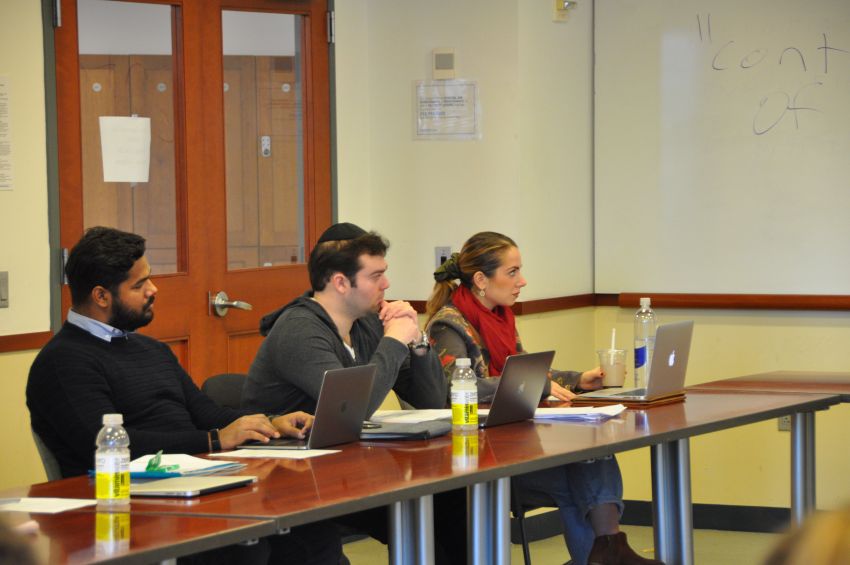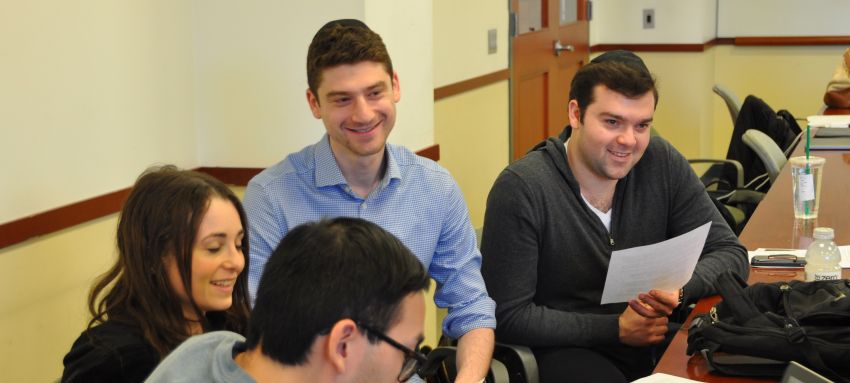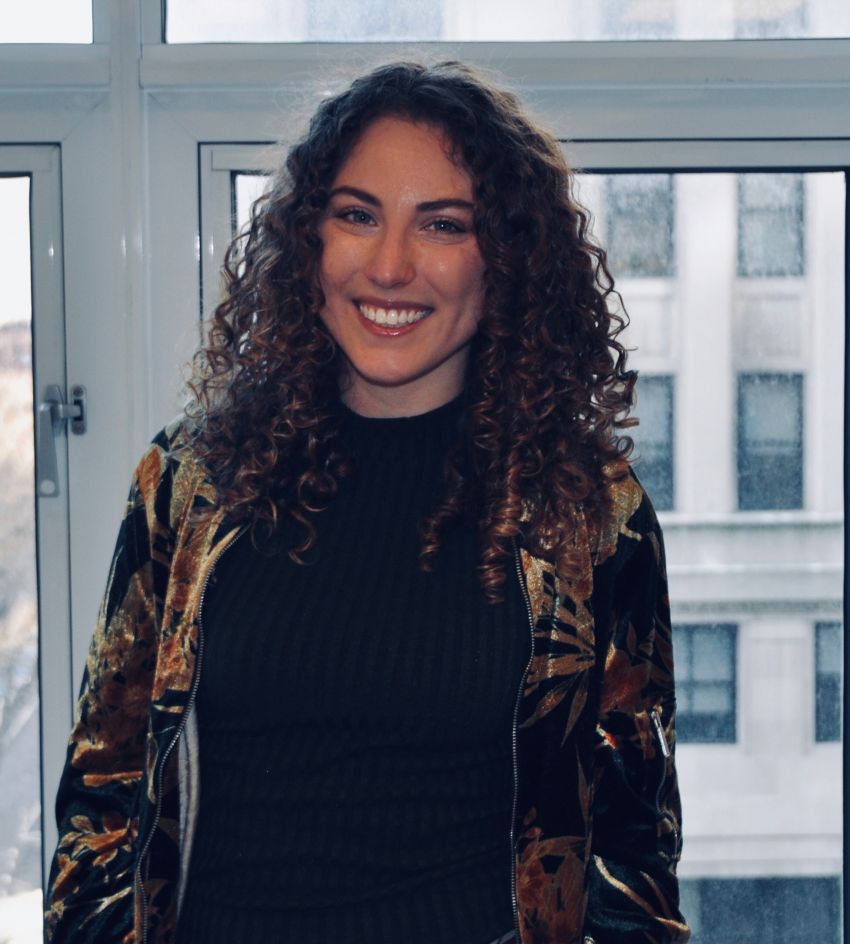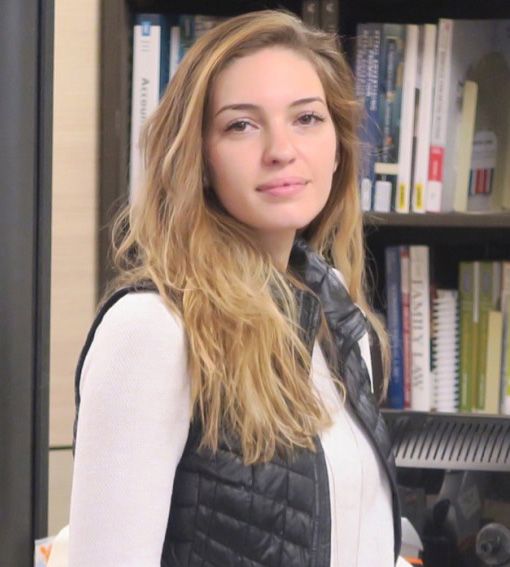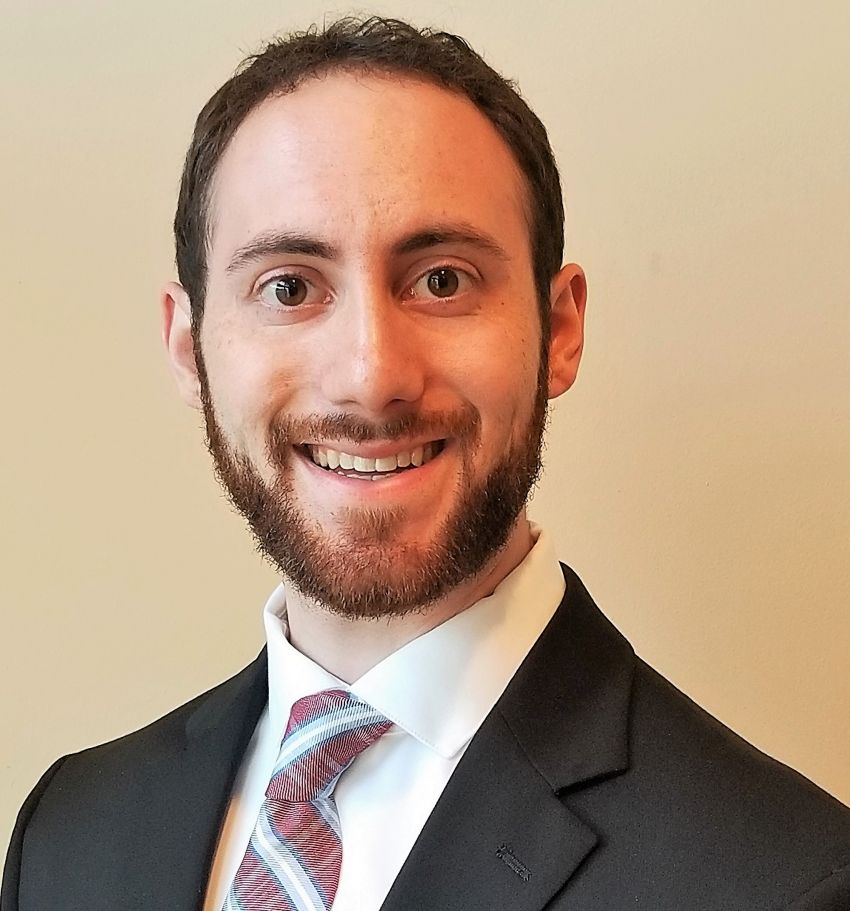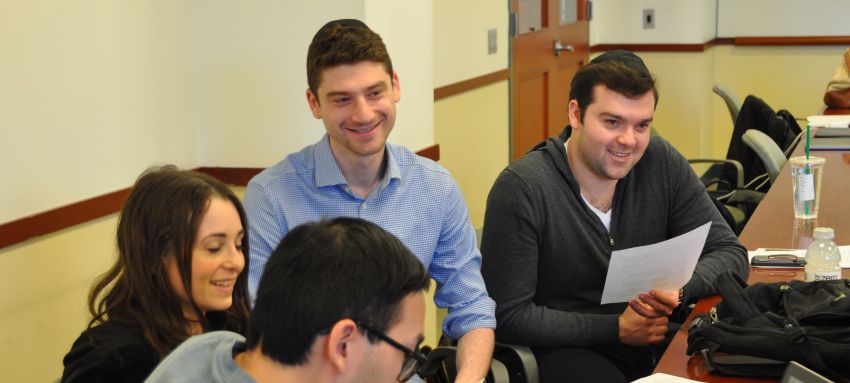
While many law school courses focus on courtroom litigation, a unique course at Cardozo teaches students how to prevent legal conflict in the first place.
Nearly two dozen students ranging from 1Ls to LL.M.s spent their winter break delving into the law and procedure governing this common form of private, binding dispute resolution in the introductory “Representation in Arbitration” course.
Adjunct Professor Brian Farkas ’13, who previously taught within Cardozo’s Kukin Program for Conflict Resolution, created the course to provide students with an overview of the aspect of law that he said is central to today’s legal landscape.
“Our goal in this intensive course is to give students some fundamental understanding of the law,” Farkas said. “And beyond that, we want them to grapple with client counseling, drafting, and advocacy issues that are specific to arbitration.”
Farkas also teaches a semester-long course on Arbitration Law each Spring, but the additional Winter Break course allows more students to gain exposure to the field. It also reviews key concepts of civil procedure and contracts.
3L student Yosef Trachtenberg said the course broadened his dispute resolution skills. “Having worked in multiple law firms, I have seen firsthand how often arbitration is used to resolve disputes and it’s clear that alternative dispute resolution skills are a critical part of any lawyer’s toolbox,” said Trachtenberg, who was a summer associate at Weil, Gotshal & Manges LLP. “Professor Farkas’ course really helped me build a foundation for arbitration by teaching the theories and then applying them in group assignments designed to imitate real-world arbitrations.”
During one unit, Farkas assigned a group exercise with a hypothetical, which asked students whether they would sign a lucrative employment contract “ASAP” – an instruction that sparked a discussion about what would qualify as economic duress. The exercise led to a deeper conversation on the inherent problems of employment agreements in which the parties have unequal bargaining power.
3L Dan Kessler said that most of his experience has been representing the plaintiff’s side, particularly in employment disputes. “Employees often can’t fight arbitration [agreements] and they are stuck in that process,” Kessler said. “These are individuals that didn’t have any bargaining power and now cannot file a lawsuit.”
Still, the course has given Kessler the chance to think about arbitration in a number of nuanced ways. He said that he enjoyed the class discussions on both the practical and public policy consequences of arbitration. “The course offered a good balance,” he said, noting the disagreements among lawyers and scholars on the benefits and drawbacks of arbitration. “It’s always helpful to have different perspectives.”
3L Cristelle Rabban agreed. “This course was both extremely thought-provoking and informative,” she said.
1L Samantha Chase used her prior professional experience to inform her participation in class discussions. As a former human resources manager, Chase said the course has offered her a fresh view of employment law. She believes that arbitration is important for lawyers practicing any sort of transactional law.
“You definitely see these topics from a different perspective,” Chase said. “It’s really fortunate that they offer these courses to first year students.”
The course is part of the Kukin Program, which is ranked as one of the top legal dispute resolution programs in the United States. In addition to the “Representation in Arbitration” course, students had several opportunities to learn about dispute resolution during Winter break, including the Intensive Mediation Advocacy Program (IMAP) and the Intensive Trial Advocacy Program (ITAP).
Other students in “Representation in Arbitration” also commented on the unique opportunity to be exposed to dispute resolution as a 1L.
1L Eliana Aklepi would agree that the course was helpful in shaping her career as a future music lawyer.
“As a 1L, I’m trying to figure out my life plan,” Aklepi said. “In the music industry, it’s important to work to prevent disputes from the outset of agreements, and to try to preserve those relationships if a dispute arises.”
Aklepi said she appreciated Farkas’ guidance and accessibility throughout the semester. She said when he asked her whether she wanted to pursue the problem-solving side or the preventative side of law, she immediately knew the preventative side was right for her.
“This class really opened my eyes to ADR,” she said.

